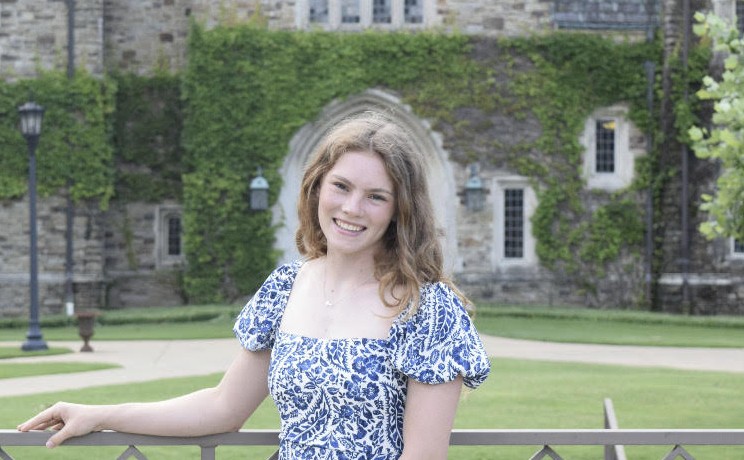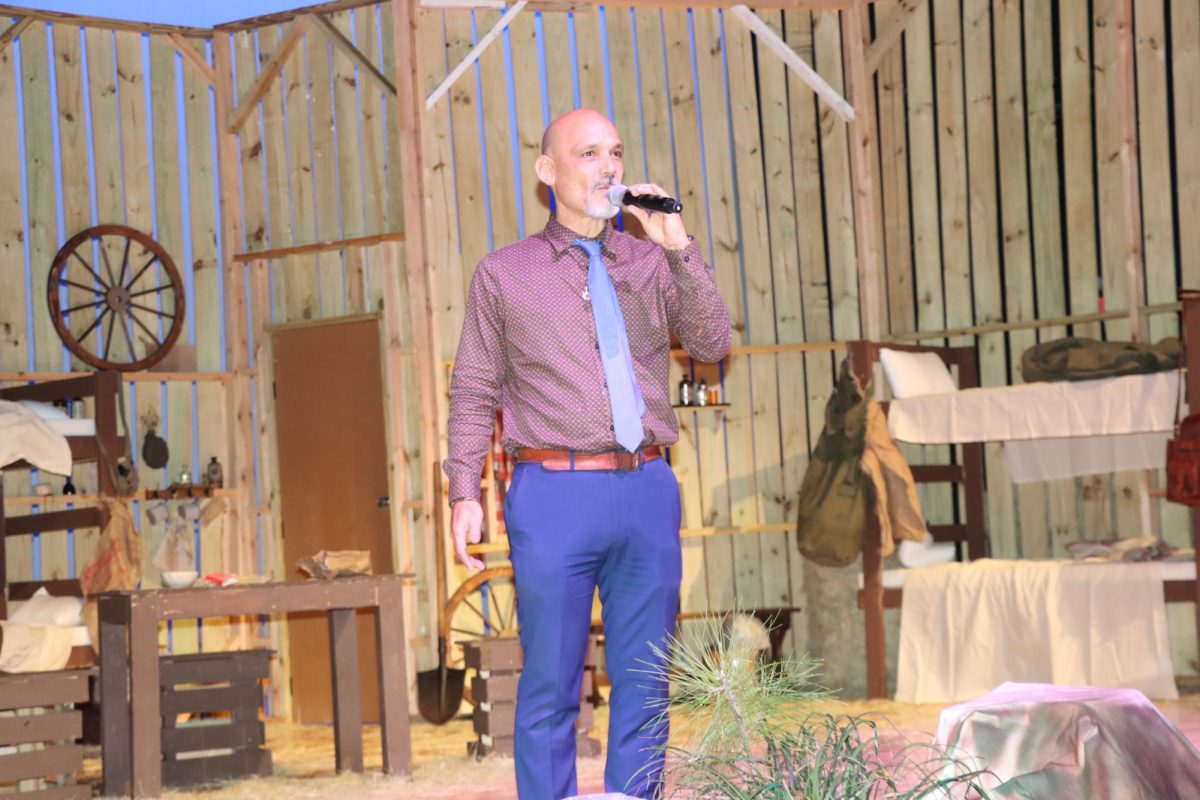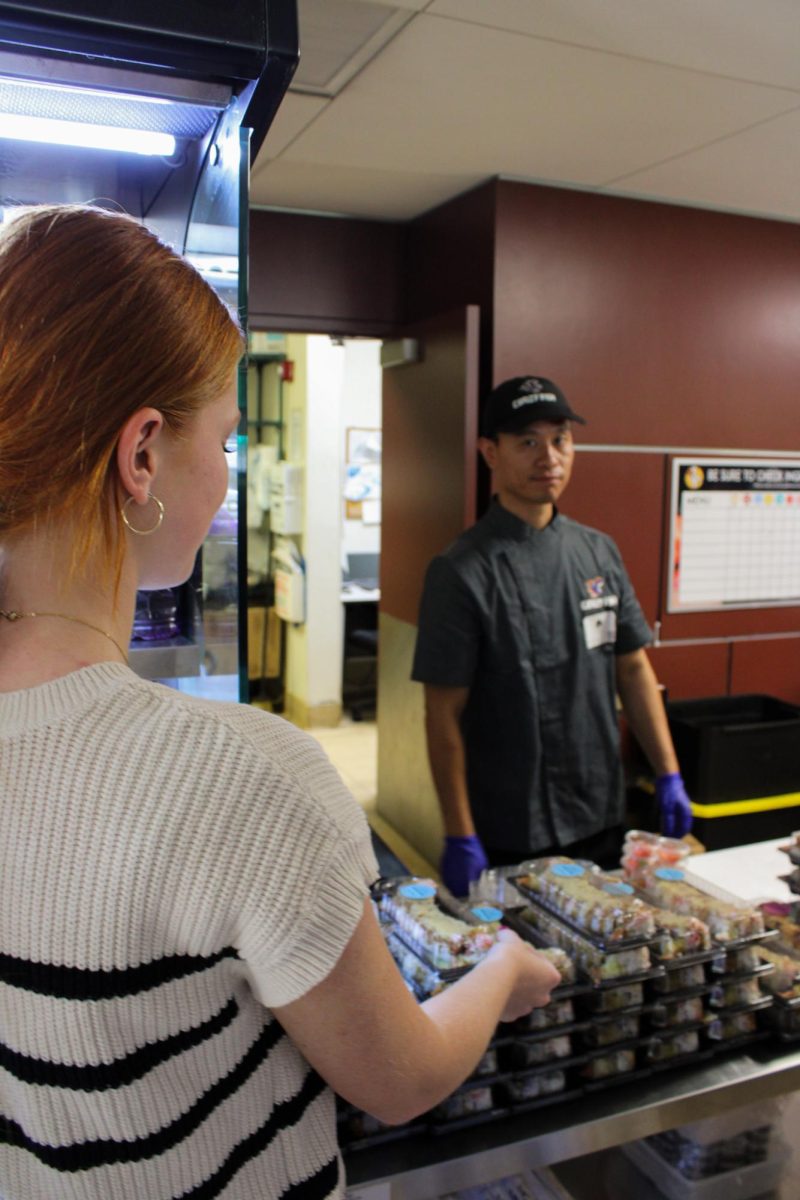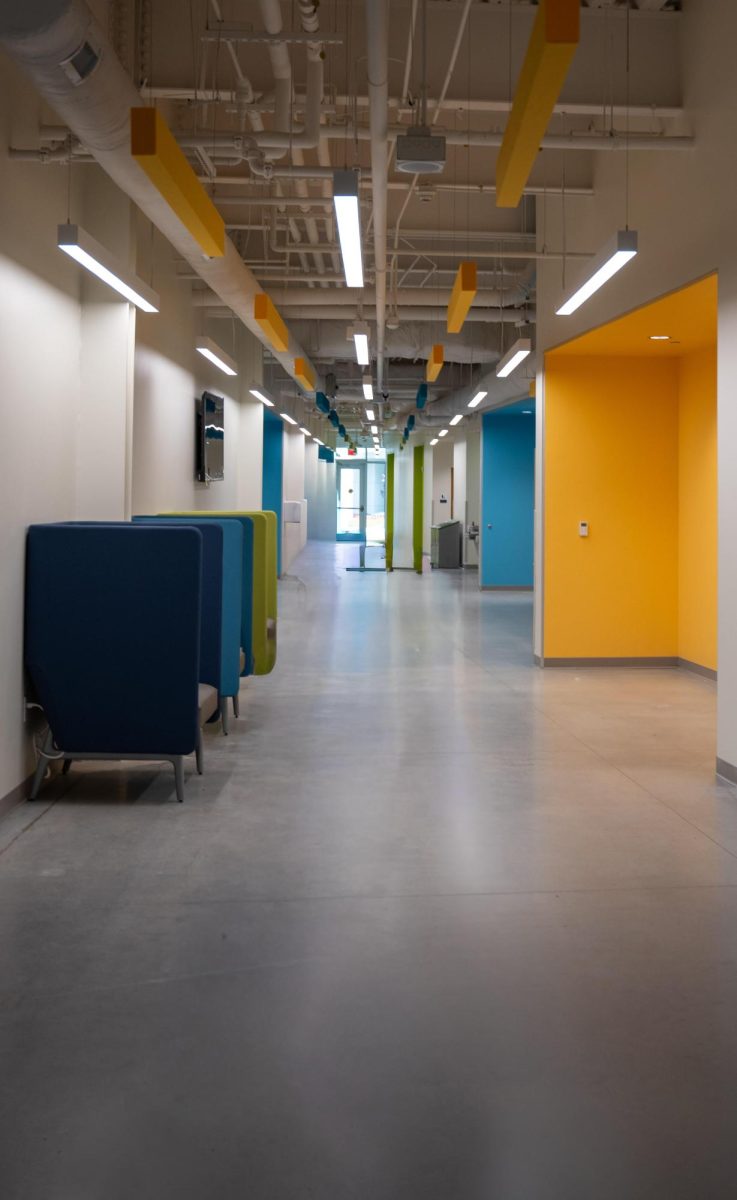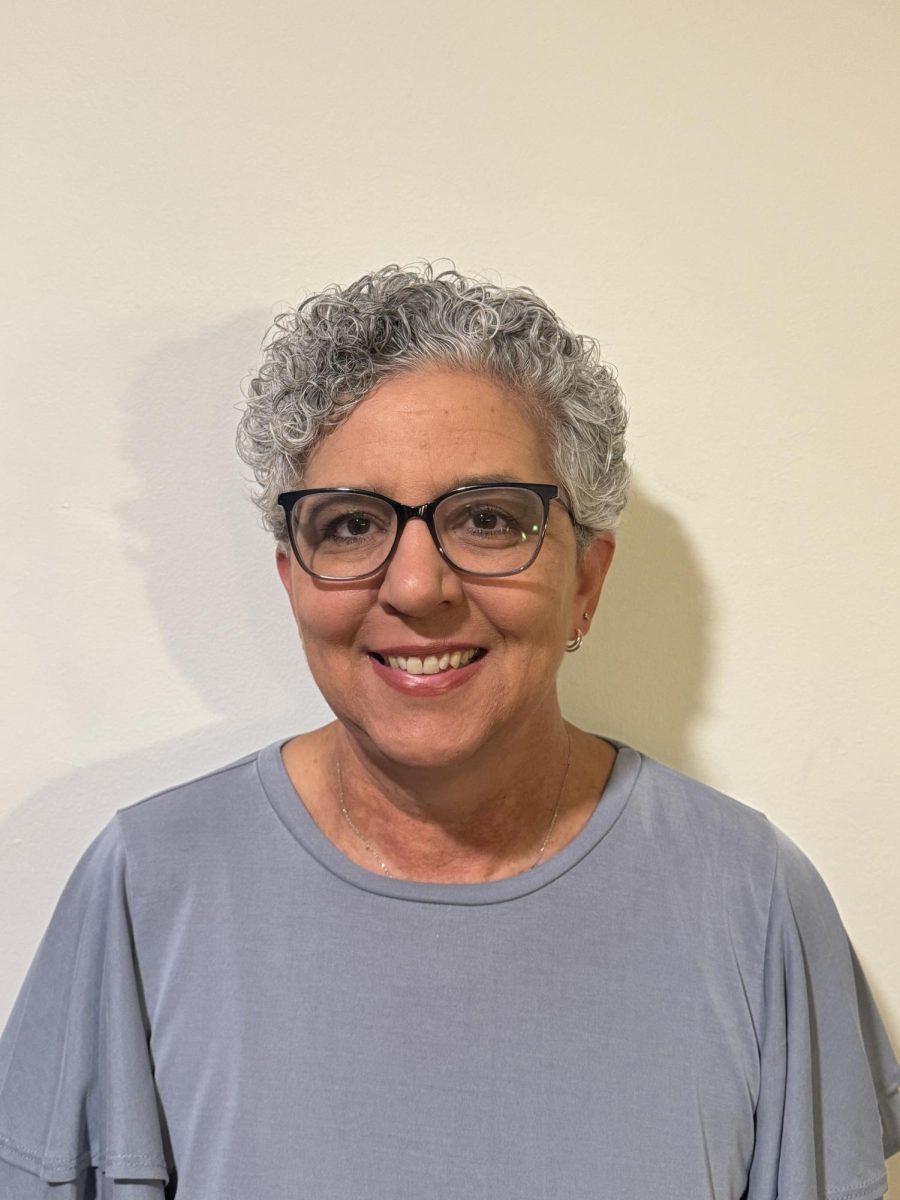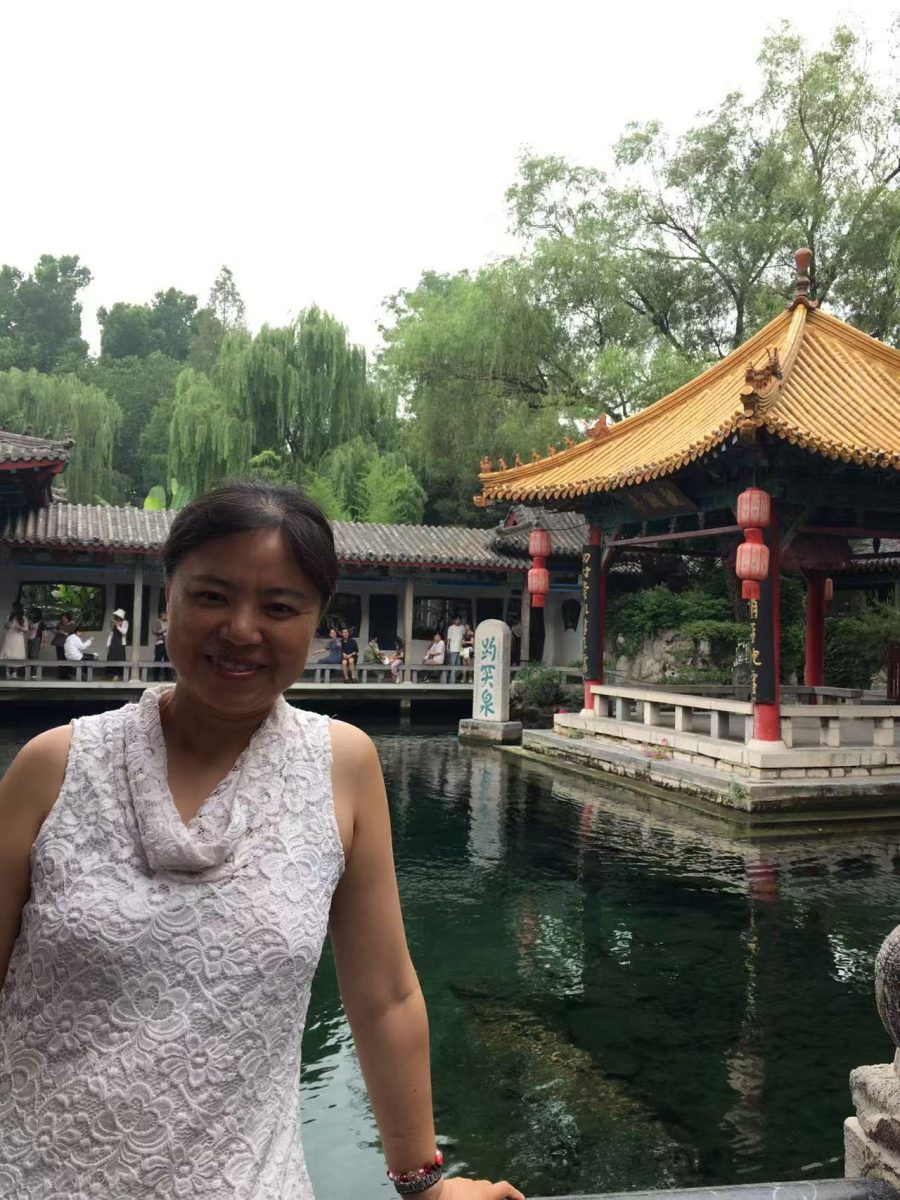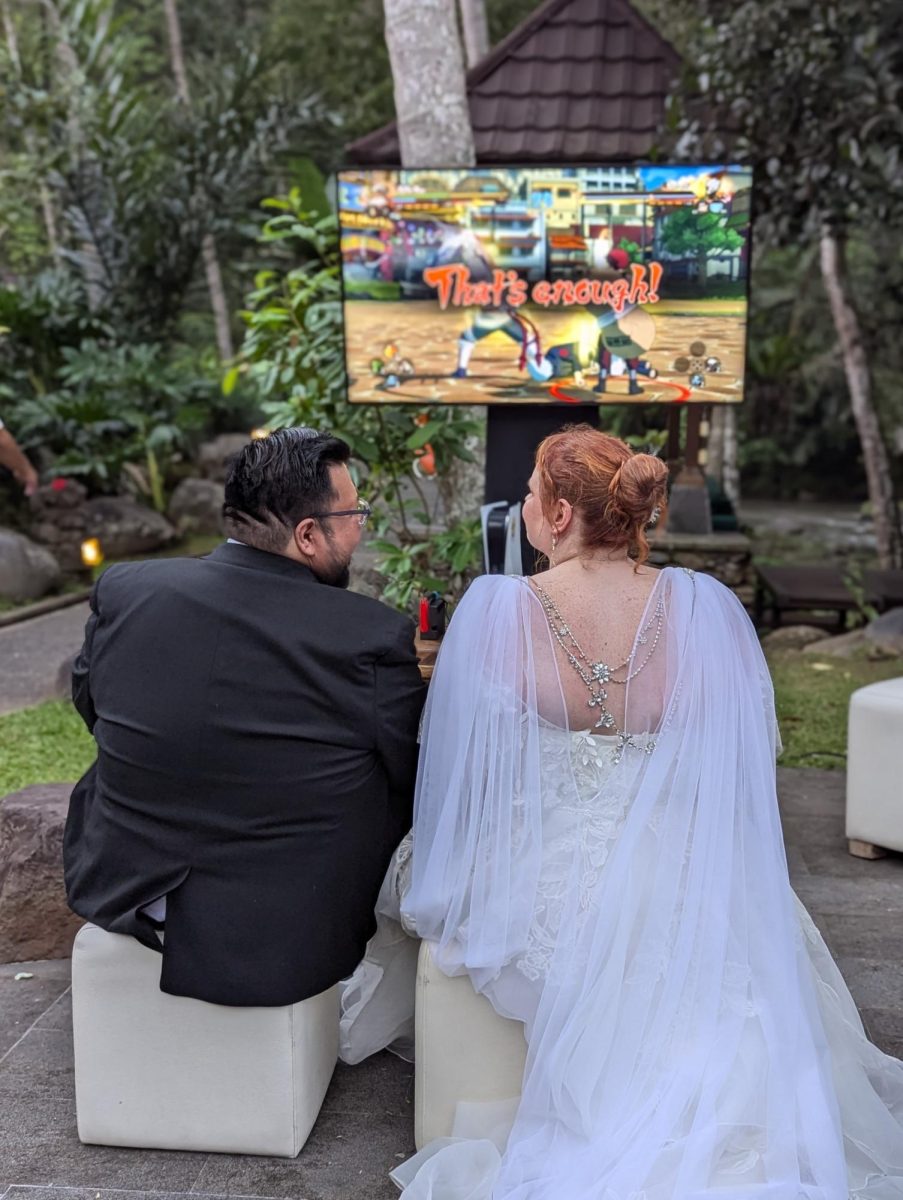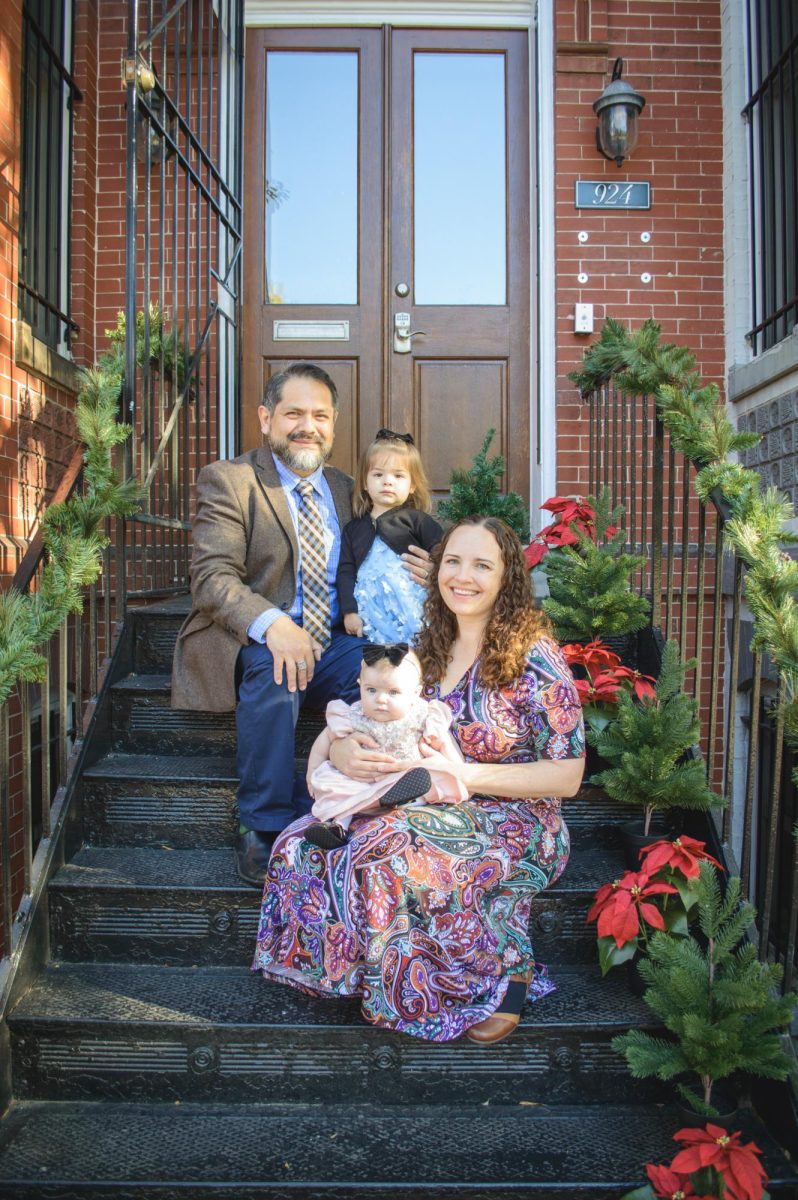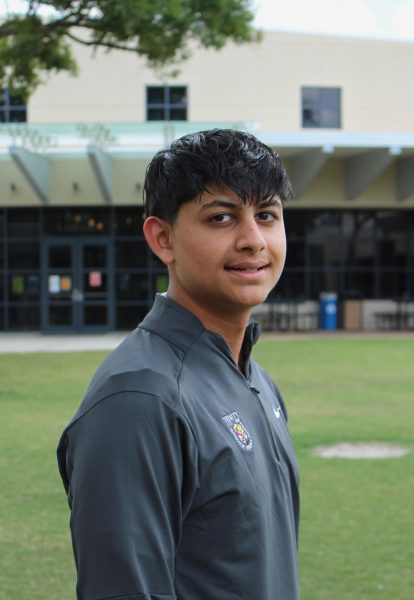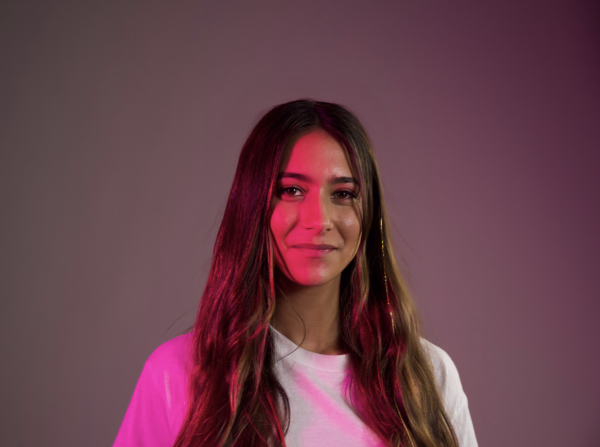Tensions, polarization and the stakes of the nation’s future were at an all-time high. Democracy was on the line. As the clock ticked down, votes were counted. From immigration to the economy to climate change, the presidential candidates clashed until Donald Trump was declared victorious on Nov. 6.
In an attempt to foster political awareness and engage students in one of many important civic duties, this iconic battle was also mirrored on Trinity’s campus with a mock election organized by Voters Club, led by senior Amanda-Rose DeStefano and junior Nikhil Daniel.
“Mr. Lawson had said previously to me that he wanted something like that to happen on campus,” Assistant Head of Upper School Sebastiaan Blickman said. “I think it is an opportunity for kids to practice and learn about how to vote.”
This faux election was generally met with positive feedback, with students and faculty praising it as a meaningful learning experience that encouraged engagement.
“[The mock election was] a great thing to do,” AP Government teacher Brandon Burmeister said. “I think it’s incredibly constructive and an incredibly valuable experience, and I think it went well.”
The results themselves, with Harris receiving 168 student votes in comparison to 109 for Trump, partially reflected local trends. However, the national election saw Trump’s victory, with discrepancies in surrounding counties.
“Orange County was overwhelmingly for Harris and so too was here at Trinity Prep,” Blickman said. “Seminole wasn’t, Osceola wasn’t [and] Polk wasn’t.”
Voter turnout, however, was almost identical, with Trinity’s turnout just 0.58% above the national turnout.
“The voter turnout [was] mirrored almost perfectly,” Blickman said. “The write-in candidates or the third-party candidates and their percentages [were] mirrored pretty well.”
With close to 158 million voters making their voices heard nationwide during the past few months, the election also highlighted deep divisions within the country.
“The elections have been getting more divisive every cycle,” Burmeister said. “It was incredibly divisive, and I think that has to do with the candidates running … Anytime Donald Trump is on a ballot, it’s polarizing.”
This disagreement among Americans highlights not only increasingly differing ideologies among political parties but also the growing influence of social media on the election.
“Ultimately, what social media does as far as the dialogue is, it exacerbates the polarization of the American public,” Burmeister said.
It is no secret that social media has become one of the deciding factors in presidential elections including this one. Whether it’s TikTok, Instagram or Facebook, political candidates attempt to influence the election results by using these platforms to reach younger voters.
“I feel like social media sways one way or another,” senior Wilder Judelson said. “I’ll be scrolling on TikTok and there’ll be a highlight reel of Donald Trump’s recent campaign … It’s appealing to that younger generation, while the actual thing at stake is the economy and how the US is going to come together rather than separate.”
Judelson’s decision to vote was also partially affected by social media platforms, with their pervasive nature playing a large role in shaping his perspective of the candidates and election.
“Social media definitely influenced my decision [to vote],” Judelson said. “All around the internet on TikTok and Instagram, you see advertisements and people posting bias toward one side.”
The prominence of these digital platforms in the political sector also contributes to the spread of opinionated information.
“Social media has made it to the point where people that get most of their news on TikTok or X or Facebook are living in a different world than I’m living in,” Burmeister said.
This transmission of biased content, in addition to students’ inadequate historical knowledge, hinders their abilities to base their decisions on factual information, further deepening political polarization.
“I think there’s a lack of basic historical understanding for many young voters about the cyclical nature of American elections,” Burmeister said. “Before people draw into the ideas of nationalism, isolation and integration, we need to take a step back and look at the history and the experiences that America had before with many of these same issues before we make an evaluated decision.”
However, courses such as AP Government assist students in better understanding these knowledge deficits and the election.
“[AP Government] has definitely informed me about the policies at stake, the amendments and how this would change the economy in either way,” Judelson said. “I’ve never been that involved in politics until AP Government, so it’s introduced me to those things.”
Overall, education plays a key role in preparing students not only for future careers and lifestyles but also for participation in civic activities.
“At its core, schools were designed to prepare students for civic engagement [and] to be members of the civic society,” Blickman said. “We have a duty to teach them civics, government and to have them understand history [and] economics.”





